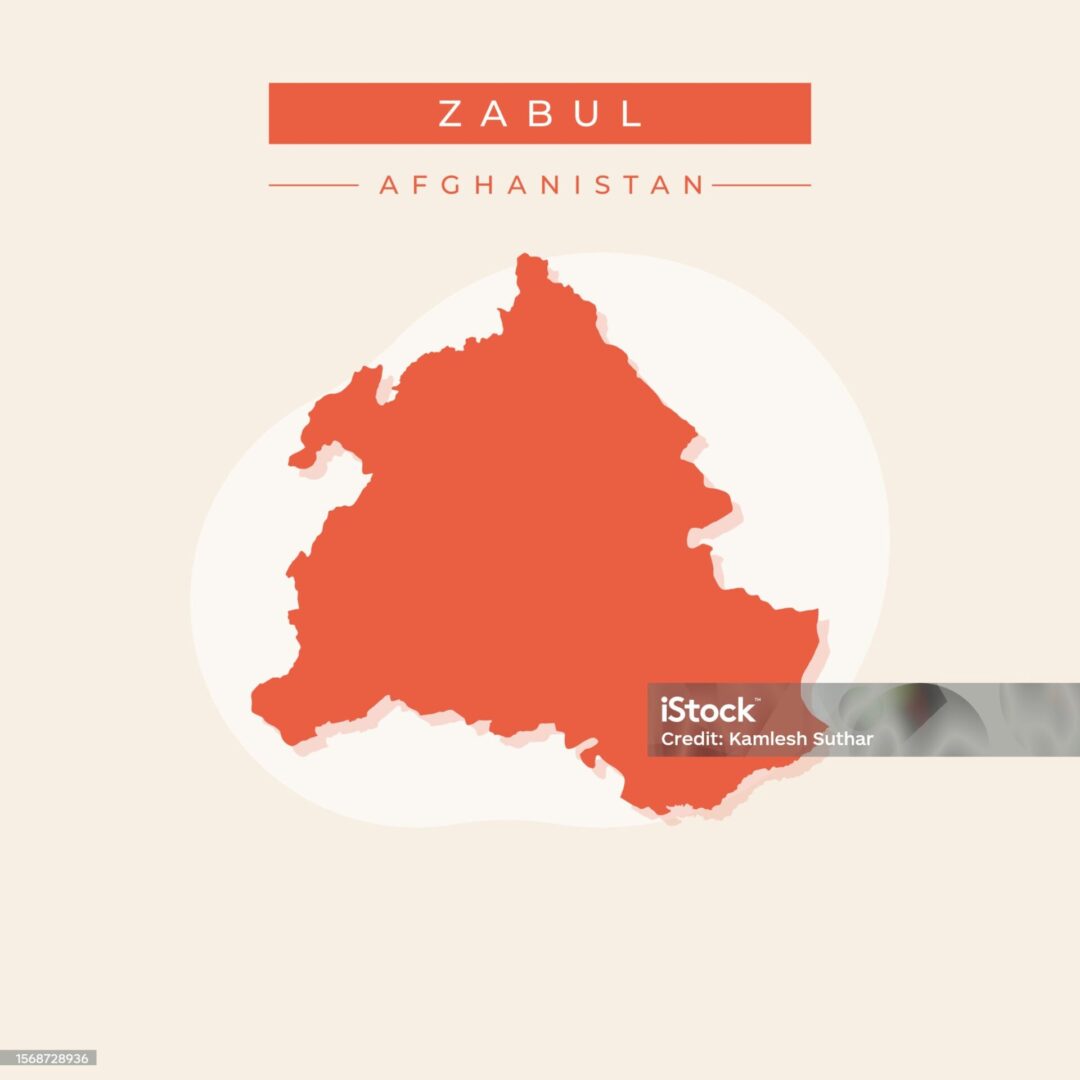The Center for the Scientific Study of Families reports are designed to provide relevant information about the conditional state of families in a specified context. The report provides information such as population, culture, family structure, and family life.
Family reports are an important tool for improving the lives of families. By providing information about the family’s conditional state and context, family reports can help improve communication between families and service providers and lead to better outcomes for families and children.
Overview
Zabul is situated in the southern part of Afghanistan, sharing borders with several other provinces, such as Kandahar to the west, Oruzgan to the north, and Ghazni to the east. The province has a mix of rugged mountains and flat plains, with The Arghandab and Tarnak rivers flowing throughout. The provincial capital of Zabul is Qalat. The economy of Zabul is primarily agrarian, with a significant portion of the population engaged in agriculture and animal husbandry. Crops such as wheat, barley, fruits, and vegetables are cultivated in the region. Livestock farming is also important for the local economy. Like many other provinces in Afghanistan, Zabul has faced challenges related to security and governance. It has been a region of interest for both Afghan government forces and various insurgent groups, including the Taliban. The security situation has had implications for development and infrastructure projects in the area.
Ethnic and Cultural Diversity
Zabul is home to a diverse population representing various ethnic groups, with each group having distinct cultural practices and traditions. Pashtuns are the predominant ethnic group in Zabul, whereas Sunni Muslims are the predominant religious group. A 2017 report from the U.S. Naval Postgraduate School names the following tribal groups in Zabul: Tokhi & Hotaki Ghilzais, Noorzai & Panjpai Durranis. The same source reports that of the approximately 304,126 million people in the province (at that time).
Marriage & Divorce Statistics
Our research did not reveal specific data for marriages in Zabul. However, we were able to identify a more general report from the United States government covering human rights practices in Afghanistan. Afghan law sets the minimum legal age of marriage at 16 for girls and 18 for boys. However, due to poverty and customs, child marriage is still a major issue in Afghanistan. While divorce is technically legal in Afghanistan, it is difficult for women to obtain. Men can divorce their wives without a court order, while women face significant social and legal obstacles when seeking a divorce.
Family Life in Zabul
The families in Zabul are facing a number of challenges, but they are also resilient and resourceful. Poverty is a major challenge for families in Zabul. Many families live below the poverty line and struggle to meet their basic needs. Displacement is also a major challenge for families in Zabul. Many families have been displaced from their homes due to conflict or natural disasters. This has made it difficult for them to maintain their livelihoods and provide for their children. They are determined to build a better future for themselves and for their children. With the support of the government and NGOs, families in Zabul can overcome the challenges they face and build a brighter future.
Conclusion
Family life in Zabul, Afghanistan is challenging, but families have a remarkable capacity to show resilience. Given that even in circumstances of ongoing conflict and poverty, families will continue to be a critical institution in the development of Afghanistan. Future CSSF reports on the province will benefit from increased data about families in the province.





